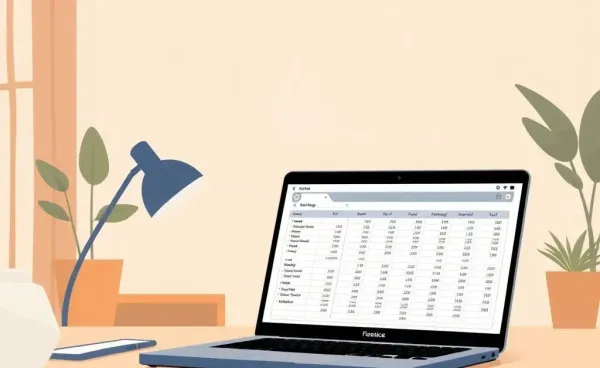Should You Focus on Saving for a Down Payment or Building an Emergency Fund?
Decide whether to prioritize a down payment or an emergency fund with our practical guide.
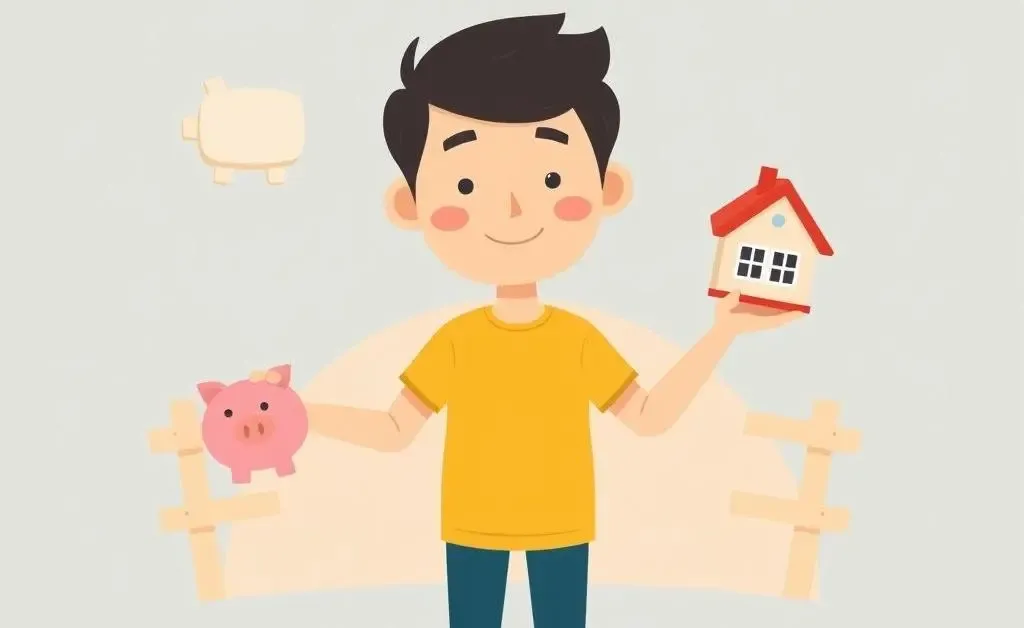
Hey there! Figuring out financial priorities can feel just as tricky as figuring out which Netflix show to binge-watch next. If you're like many folks, you might be grappling with a big question: Should you save for a down payment on a home or focus on building an emergency fund first? Let's dive into this conundrum together.
Understanding Your Financial Landscape
Before making any decisions, it's crucial to take a good look at your current financial situation. Do you have any outstanding debts or immediate financial obligations? It's often advisable to address high-interest debts before anything else, as they can quietly eat away at your finances. Once that's sorted, understanding the balance between saving for a down payment and having an emergency fund becomes much more straightforward.
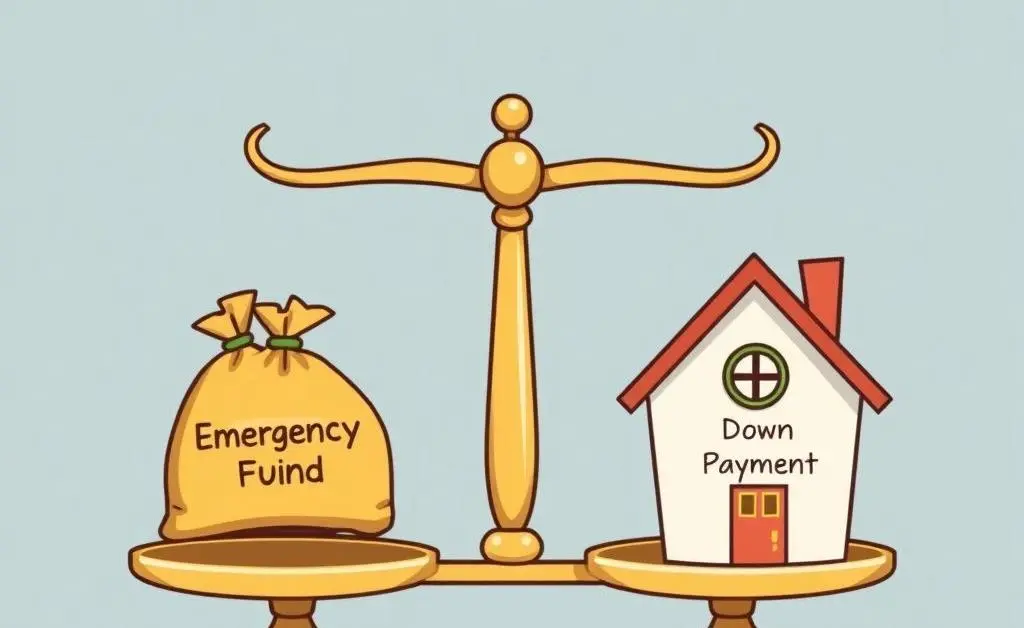
The Case for Building an Emergency Fund First
An emergency fund acts as your financial safety net. Ideally, it should cover three to six months of living expenses. Why is it essential? Think of it as a buffer for life's unexpected surprises — whether it's a sudden job loss or an urgent medical bill. Without this cushion, you might find yourself turning to high-interest debt, which could delay your homeownership dreams even further.
Sprinting Towards That Down Payment
There's no feeling quite like the excitement of owning your very own home. But getting there requires a hefty down payment. If you have a stable job and some financial cushion, directing funds towards saving for that house can be a smart move. A larger down payment not only gives you greater equity in your home but might also lead to lower mortgage rates.
Making a Decision: What Matters Most?
The choice between saving for a home or building an emergency fund isn't a black-and-white decision. Ask yourself: What gives me peace of mind? Some find comfort in knowing they're protected against financial emergencies, while others are motivated by the tangible goal of homeownership.
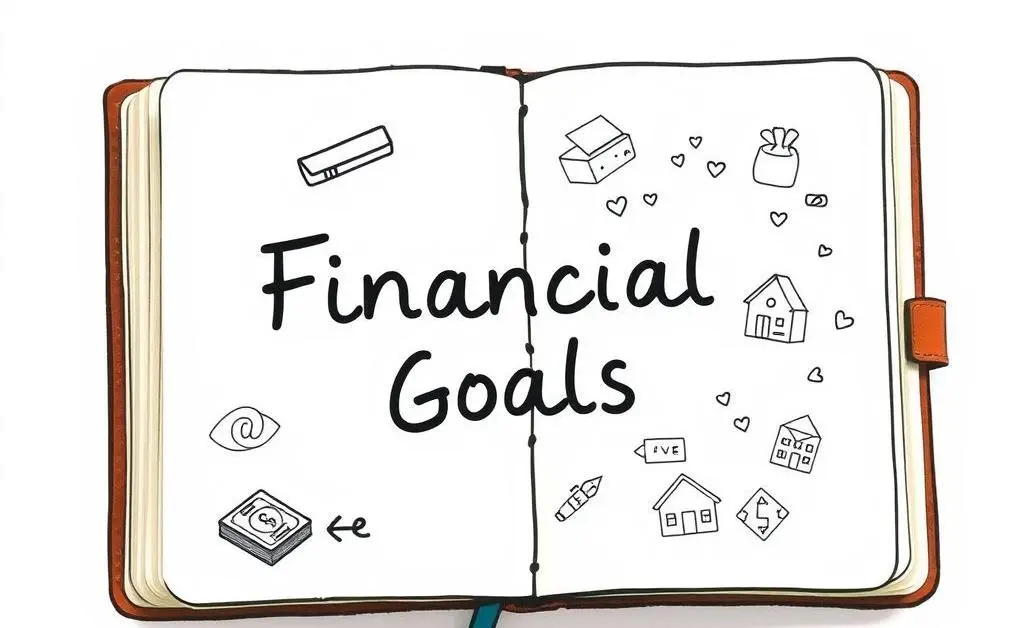
Strategies for Balancing Both
Why not both? Sometimes, the best approach is a balanced one. Consider this: earmark a portion of your monthly savings specifically for your emergency fund, while the rest can go towards your down payment. It's about finding that sweet spot that aligns perfectly with your financial goals.
Conclusion: There’s No One-Size-Fits-All
At the end of the day, your financial priorities are as unique as you are. By assessing your financial situation and aligning it with your personal goals, you're on the right path. Whether you’re settling into your new home or comfortably navigating life's surprises, make sure your financial choices reflect what matters to you.
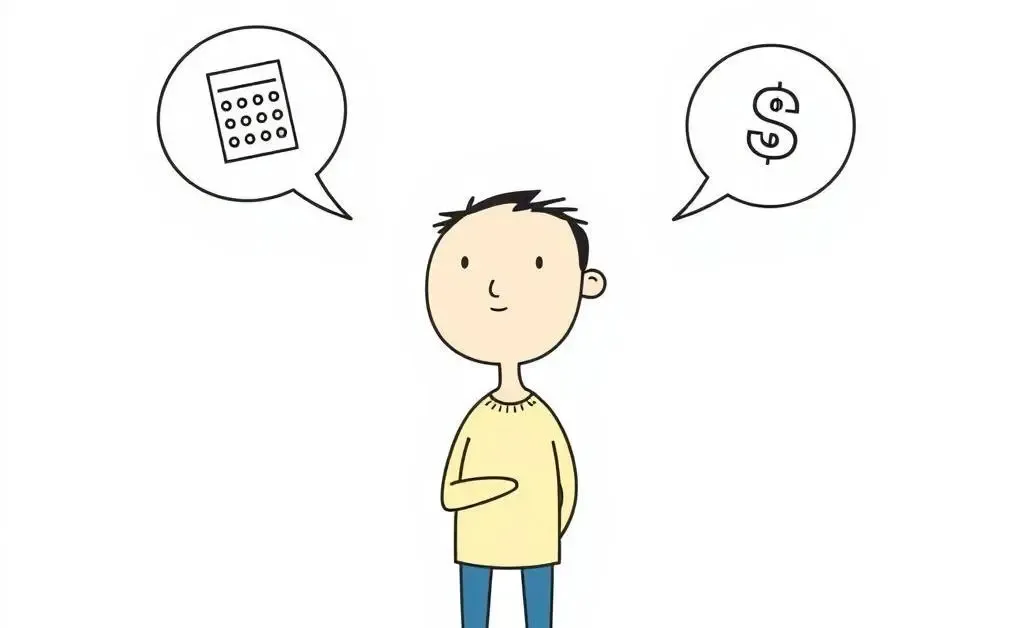
What’s your financial priority right now, and how are you making sure it aligns with your long-term goals? Feel free to share your thoughts in the comments!




